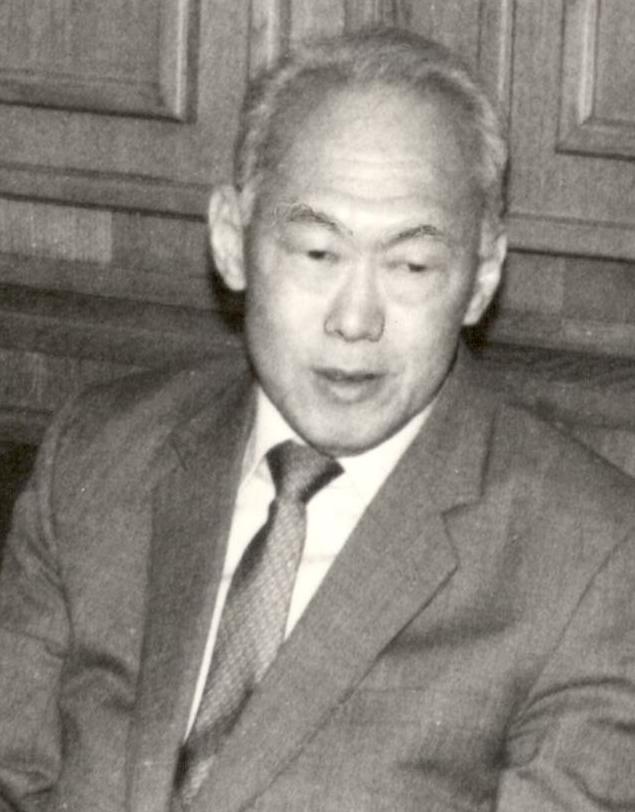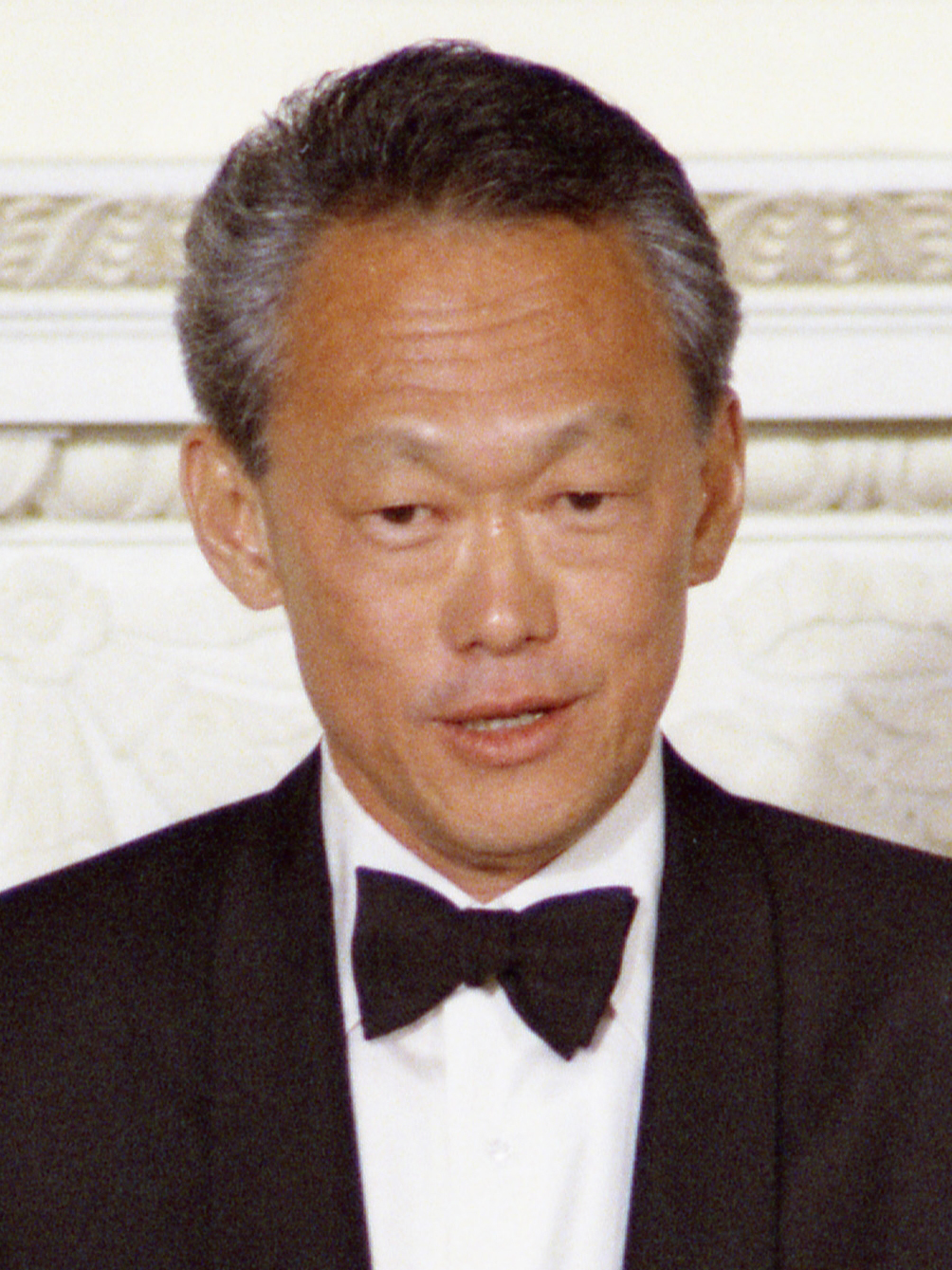|
Telok Blangah Single Member Constituency
Telok Blangah Single Member Constituency was a single member constituency (SMC) in Singapore. The constituency was formed in 1959 and was abolished in 1991. History In 1959, the Telok Blangah Constituency was formed. In 1988, it was renamed as Telok Blangah Single Member Constituency as part of Singapore's political reforms. In 1991, it was abolished and merged into West Coast Group Representation Constituency The West Coast Group Representation Constituency is a five-member Group Representation Constituency (GRC) located in the western area of Singapore. The five divisions consists: Ayer Rajah-Gek Poh, West Coast, Boon Lay, Nanyang and Telok Blangah .... Member of Parliament Elections Elections in the 1950s Elections in 1960s Elections in 1970s Elections in 1980s References Singaporean electoral divisions Telok Blangah {{Singapore-geo-stub ... [...More Info...] [...Related Items...] OR: [Wikipedia] [Google] [Baidu] |
Parliament Of Singapore
The Parliament of Singapore is the unicameral legislature of the Republic of Singapore, which governs the country alongside the president of Singapore. Largely based upon the Westminster system, the Parliament is made up of Members of Parliament (MPs) who are elected, as well as Non-constituency Members of Parliament (NCMPs) and Nominated Members of Parliament (NMPs) who are appointed. Following the 2020 general election, 93 (currently 92) MPs and two NCMPs were elected to the 14th Parliament. Nine NMPs will usually be appointed by the president. The speaker of Parliament has overall charge of the administration of Parliament and its secretariat, and presides over parliamentary sittings. The leader of the house is an MP appointed by the prime minister to arrange government business and the legislative programme of Parliament, while the leader of the opposition is the MP who leads the largest political party not in the government. Some of Parliament's work is carried out b ... [...More Info...] [...Related Items...] OR: [Wikipedia] [Google] [Baidu] |
1959 Singaporean General Election
General elections were held in Singapore on 30 May 1959. They were held under the new constitution and were the first in which all 51 seats in the Legislative Assembly were filled by election. This was the first election victory for the People's Action Party (PAP), as they won a landslide victory with 43 seats, and the party has remained in power ever since these elections. Background Political developments David Marshall, the politician who led the ruling Labour Front after winning the previous general election in 1955, was vocally anti-British and anti-colonialist, and the British found it difficult to come to an agreement or a compromise about a plan for self-government; Marshall resigned from the party a year later, pledging that he would either achieve self-government or to resign. In his place, Lim Yew Hock pursued an aggressive anti-communist campaign and manage to convince the British to make a definite plan for self-government. By the time of the 1959 elections th ... [...More Info...] [...Related Items...] OR: [Wikipedia] [Google] [Baidu] |
1988 Singaporean General Election
General elections were held in Singapore on 3 September 1988. President of Singapore, President Wee Kim Wee dissolved parliament on 17 August 1988 on the advice of Prime Minister of Singapore, Prime Minister Lee Kuan Yew. The result was a victory for the People's Action Party, which won 80 of the 81 seats. Though the total eligible voter population surpassed 1 million in 1976 Singaporean general election, 1976, this was the first time that the total eligible voter population in contested seats and voter turnout exceeded 1 million. This feat will not be repeated again until 2006 Singaporean general election, 2006 or 18 years later. Overview Group Representation Constituencies were introduced in this general election to ensure ethnic minority representation in Parliament, starting with three member constituencies. This was the last time Prime Minister Lee Kuan Yew led the PAP in an election and another two stalwarts, former Deputy Prime Minister Dr Toh Chin Chye and Senio ... [...More Info...] [...Related Items...] OR: [Wikipedia] [Google] [Baidu] |
1984 Singaporean General Election
General elections were held in Singapore on 22 December 1984. President of Singapore, President Devan Nair dissolved parliament on 4 December 1984 on the advice of Prime Minister of Singapore, Prime Minister Lee Kuan Yew. The result was a victory for the People's Action Party, which won 77 of the 79 seats, marking the first time since 1963 Singaporean general election, 1963 that at least one opposition candidate was elected to parliament in a general election, although the first presence of an opposition MP was in the 1981 Anson by-election, 1981. Background In his 1983 National Day Rally speech, Prime Minister Lee Kuan Yew lamented that declining birth rates and large number of graduate women remaining single or not marrying their intellectual equal could see Singapore's talent pool shrink. The PAP government then proceeded to launch the "Population control in Singapore, Graduate Mothers' Scheme" to entice graduate women with incentives to get married and grant graduate mothers p ... [...More Info...] [...Related Items...] OR: [Wikipedia] [Google] [Baidu] |
1980 Singaporean General Election
General elections were held in Singapore on 23 December 1980. The result was a victory for the People's Action Party, which won all 75 seats, the last of four consecutive elections in which they repeated the feat. Voter turnout was 95.5%, although this figure represents the turnout in the 38 constituencies to be contested, with PAP candidates earning walkovers in the other 37. 685,141 voters out of the total electorate of 1,290,426 went to vote on the elections. Background Prior to this election, a series of by-elections were held in 1977 and 1979 after two and seven MPs, respectively, were vacated; however, the ruling PAP won every seat, allowing nine new candidates, which include Devan Nair and Tony Tan (both would later go on to become Presidents of Singapore) to enter Parliament. During the election, PAP also introduced a few other prominent members, such as future ministers Lee Yock Suan and S. Jayakumar, as well as a backbencher (and later Progress Singapore Party secretar ... [...More Info...] [...Related Items...] OR: [Wikipedia] [Google] [Baidu] |
Joshua Benjamin Jeyaretnam
Joshua Benjamin Jeyaretnam ( ta, ஜோசுவா பெஞ்சமின் ஜெயரத்தினம்; 5 January 1926 – 30 September 2008), better known as J. B. Jeyaretnam or by his initials JBJ, was a Singaporean politician, lawyer, and judge who served as the Member of Parliament (MP) for Anson SMC between 1981 and 1986 and Non-Constituency Member of Parliament between 1997 and 2001. Born in Jaffna in 1926, Jeyaretnam grew up in Malaya and Singapore before reading law in London and qualified as a barrister in 1951. Upon returning to Singapore, he worked in the legal service from 1952 to 1963 before setting up his own law firm in 1968. He entered politics in 1971 and became the secretary-general of the opposition Workers' Party. Thereafter, he contested in the 1972, 1976, 1980 general election, 1977 and 1979 by-elections, but lost to the governing People's Action Party (PAP) in all of them. Jeyaretnam had his first electoral victory in the 1981 by-electio ... [...More Info...] [...Related Items...] OR: [Wikipedia] [Google] [Baidu] |
1976 Singaporean General Election
General elections were held in Singapore on 23 December 1976. The result was a victory for the People's Action Party, which won all 69 seats, the third of four consecutive elections in which they repeated the feat. Voter turnout was 95.1%, out of 857,297 voters eligible (from the total electorate of 1,095,817) from the 53 contested constituencies.Parliamentary general election 1976 Singapore Elections Electoral system The 69 members of were elected from 69 single-member constitu ...[...More Info...] [...Related Items...] OR: [Wikipedia] [Google] [Baidu] |
List Of Political Parties In Singapore
This is a list of political parties in Singapore, including existing and historical ones. The earliest political parties were established in the lead-up to Singapore first Legislative Council elections in 1948. Singapore is a republic. While the country has a multi-party system, the dominant political party have often been the People's Action Party since 1965, along with the main opposition party, the Workers' Party. Minority governments are uncommon, as elections have not resulted in a hung parliament since independence. Legislative power is vested in parliament, which consists of the president as its head and a single chamber whose members are elected by popular vote. The role of the president as the head of state has been, historically, largely ceremonial although the constitution was amended in 1991 to give the president some veto powers in a few key decisions such as the use of the national reserves, as well as the appointment of key judiciary, civil service and Singapor ... [...More Info...] [...Related Items...] OR: [Wikipedia] [Google] [Baidu] |
1972 Singaporean General Election
General elections were held in Singapore on 2 September 1972. The result was a fourth victory for the People's Action Party, which won all 65 seats, the second of four consecutive elections in which they repeated the feat. Voter turnout was 93.5% in the 57 constituencies (which represented 812,926 voters) that were contested, with PAP candidates elected unopposed in the other eight, which represents 95,456 voters. Singapore Elections Electoral system The 65 members of were elected in[...More Info...] [...Related Items...] OR: [Wikipedia] [Google] [Baidu] |
Walkover
John_Carpenter_was_disqualified,_prompting_his_teammates_John_Taylor_(athlete).html" ;"title="John_Carpenter_(athlete).html" "title="Athletics at the 1908 Summer Olympics – Men's 400 metres">men's 400 metres running in a walkover. American John_Carpenter_was_disqualified,_prompting_his_teammates_John_Taylor_(athlete)">John_Baxter_Taylor_and_William_Robbins_(athlete).html" ;"title="John Carpenter (athlete)">John Carpenter was disqualified, prompting his teammates John_Baxter_Taylor_and_William_Robbins_(athlete)">William_Robbins_to_refuse_to_race_in_protest..html" ;"title="John Taylor (athlete)">John Baxter Taylor and William_Robbins_to_refuse_to_race_in_protest.">John_Taylor_(athlete)">John_Baxter_Taylor_and_William_Robbins_(athlete)">William_Robbins_to_refuse_to_race_in_protest. A_walkover,_also_W.O._or_w/o_(originally_two_words:_"walk_over")_is_awarded_to_the_opposing_team/player_etc,_if_there_are_no_other_players_available,_or_they_have_been_disqualified,_because_the ... [...More Info...] [...Related Items...] OR: [Wikipedia] [Google] [Baidu] |
1963 Singaporean General Election
General elections were held in Singapore on 21 September 1963. The elections saw the Malaysian ruling party, United Malays National Organisation (UMNO), backed with Singapore Alliance Party (SAP) in an attempt to oust the People's Action Party (PAP), after violating previous agreement not to do so and a highlight in the relations between UMNO and the PAP. However, the result was a victory for the PAP, which won 37 of the 51 seats in the Singapore Legislative Assembly. The 1963 election was the only election to date with no boundary changes to any of the 51 existing constituencies. As Singapore would gain independence in 1965, this election was the only election that was held as a state of Malaysia. After independence, the elected members of the Legislative Assembly would then become Members of the inaugural Parliament of Singapore. The elections would be the last until 2015 in which all seats were contested. Background Although the People's Action Party (PAP) had won 43 s ... [...More Info...] [...Related Items...] OR: [Wikipedia] [Google] [Baidu] |
Citizens' Party (Singapore)
The Citizens' Party () was a political party in Singapore. History The party was established on 25 February 1959 by Seah Peng Chuan. Seah had been elected to the Legislative Assembly in 1955 elections as a member of the Labour Front The Labour Front is a defunct political party in Singapore that operated from 1955 to 1960. History The Labour Front was founded to contest the 1955 legislative elections by David Saul Marshall, Singapore's first chief minister and Lim Yew Hoc ..., but had left the party to sit as an independent.Citizens' Party Singapore Elections In the May 1959 elections the party nominated five candidates for the 51 seats in the Assembly. However, it received only 0.6% of ... [...More Info...] [...Related Items...] OR: [Wikipedia] [Google] [Baidu] |



.jpg)